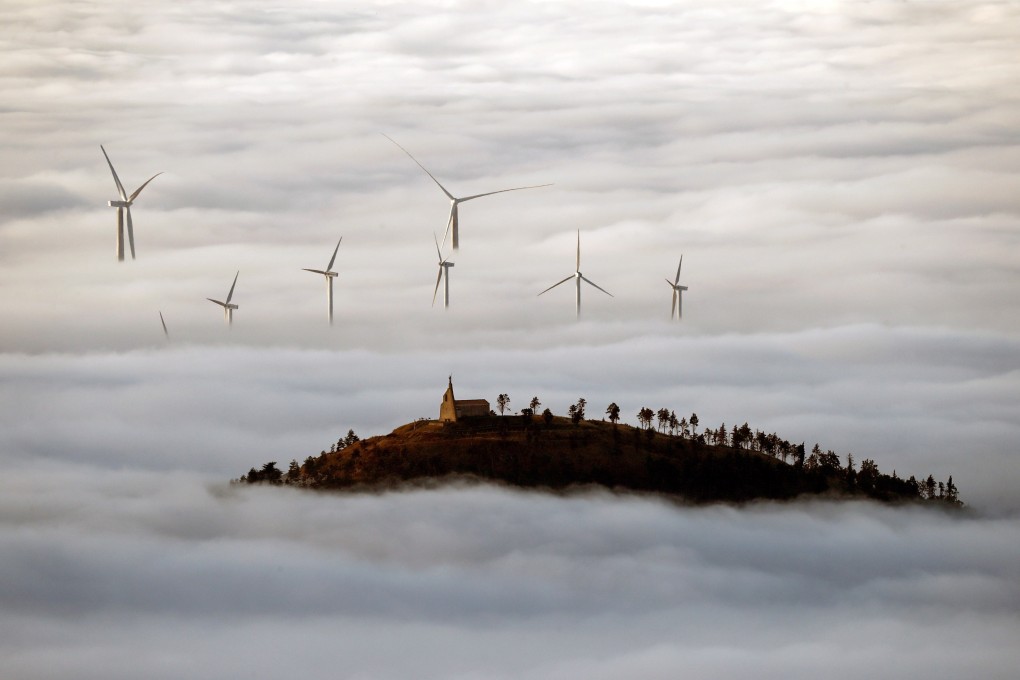The View | Make the switch to cheaper renewable energy and stop wasting trillions on a system that is killing us
- Data shows a rapid clean-energy transition is the least-expensive path forward
- The COP26 negotiation process must be reframed so it is less about burden-sharing and more about a lucrative race to deploy cleaner, cheaper and more advanced energy technologies

For decades, we at the Rocky Mountain Institute (now RMI) have argued that the transition to clean energy will cost less and proceed faster than governments, firms and many analysts expect.
In recent years, this outlook has been fully vindicated: costs of renewables have consistently fallen faster than expected, while deployment has proceeded more rapidly than predicted, thereby reducing costs even further.
Thanks to this virtuous cycle, renewables have broken through. And now, new analyses from two authoritative research institutions have added to the mountain of data showing that a rapid clean-energy transition is the least-expensive path forward.
The negotiation process must be reframed so that it is less about burden-sharing and more about a lucrative race to deploy cleaner, cheaper energy technologies.
